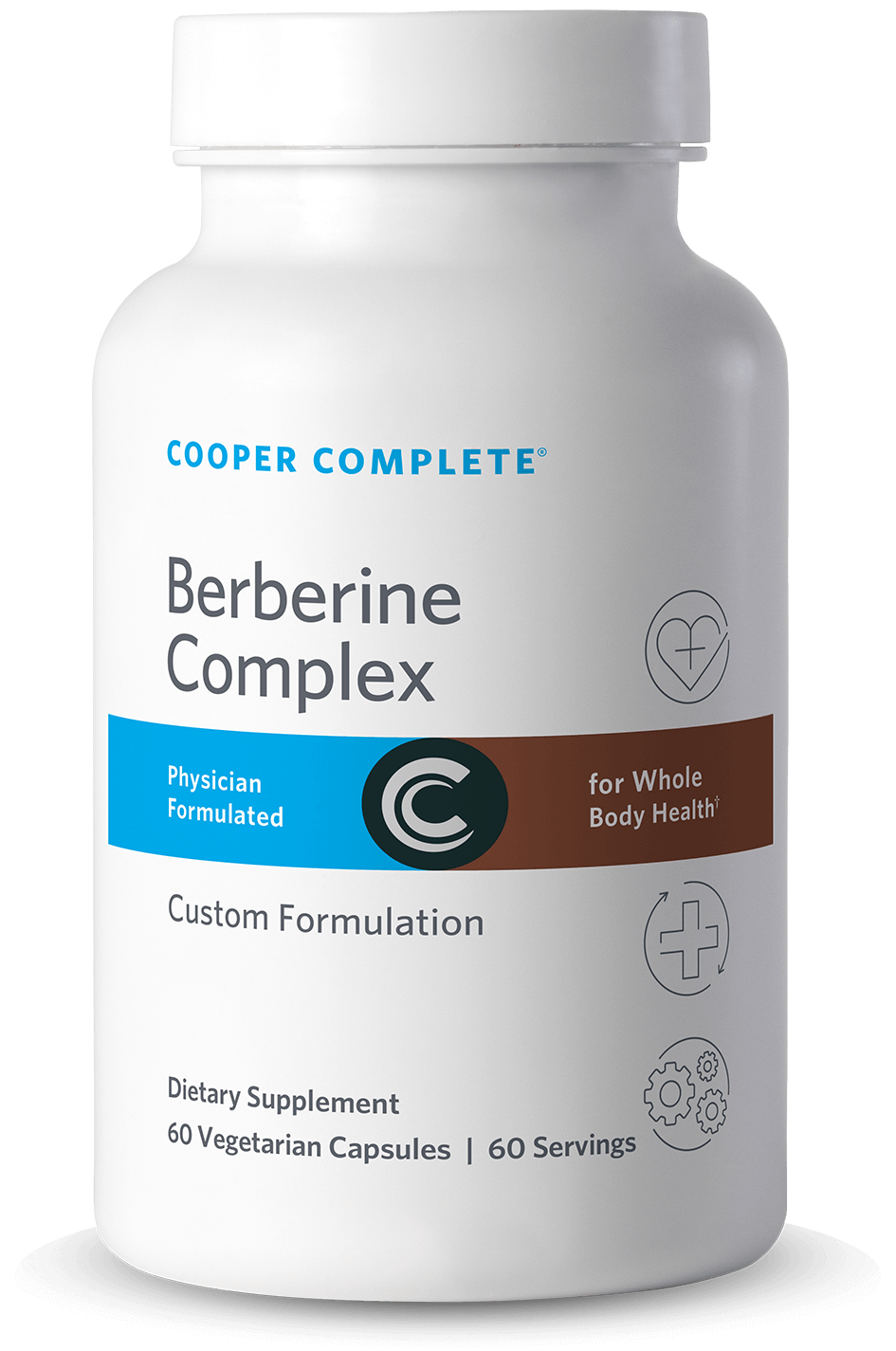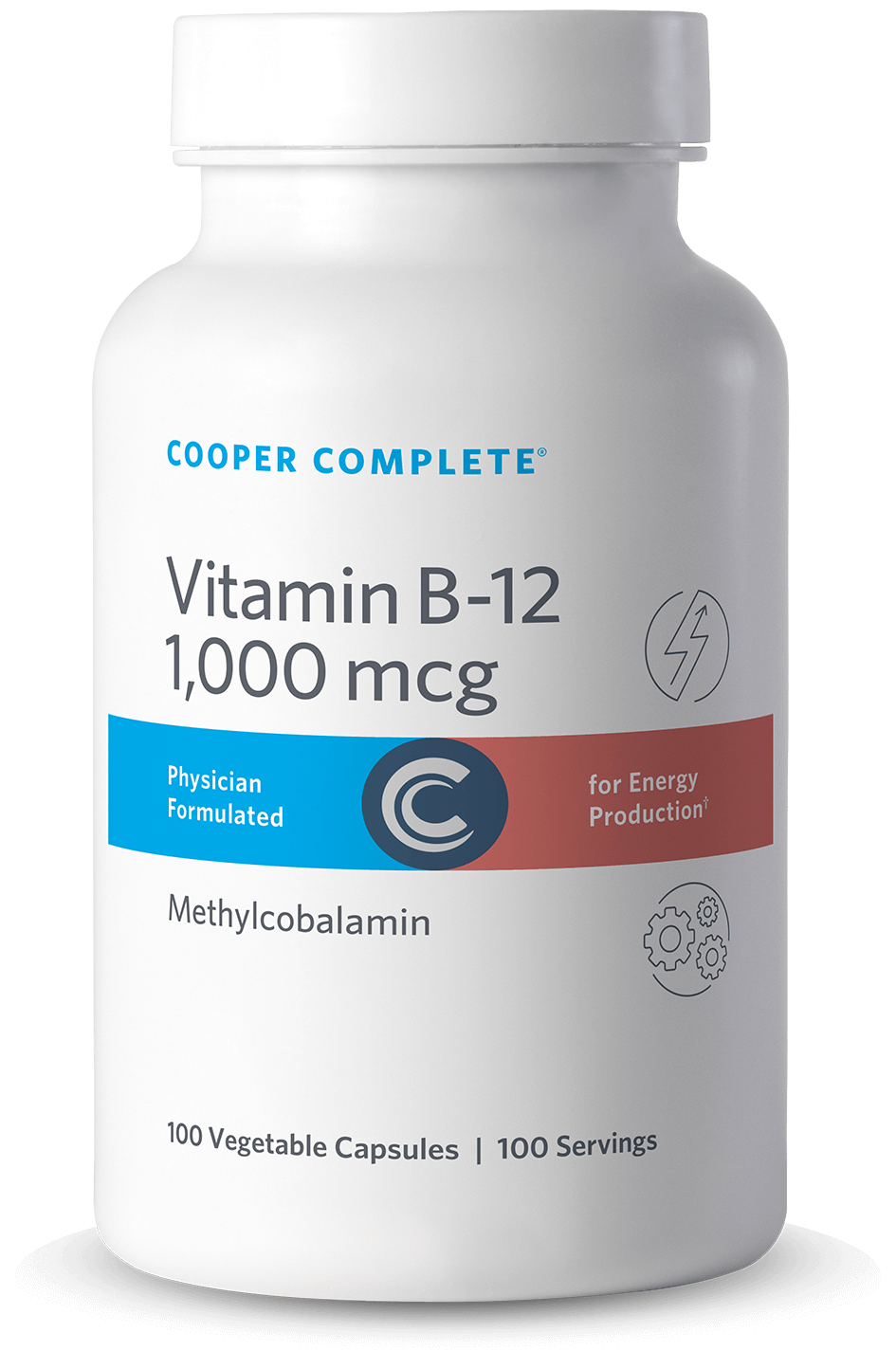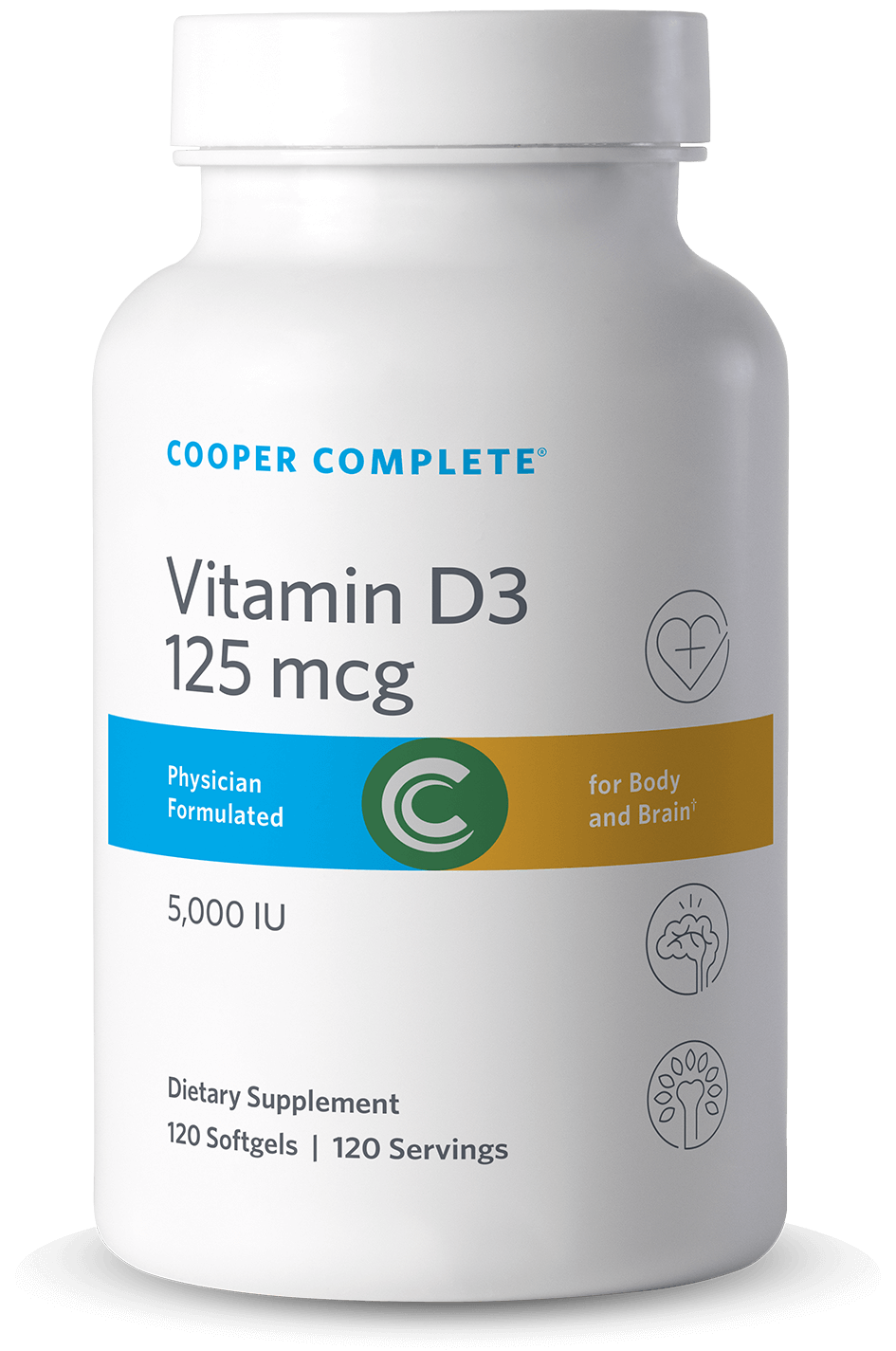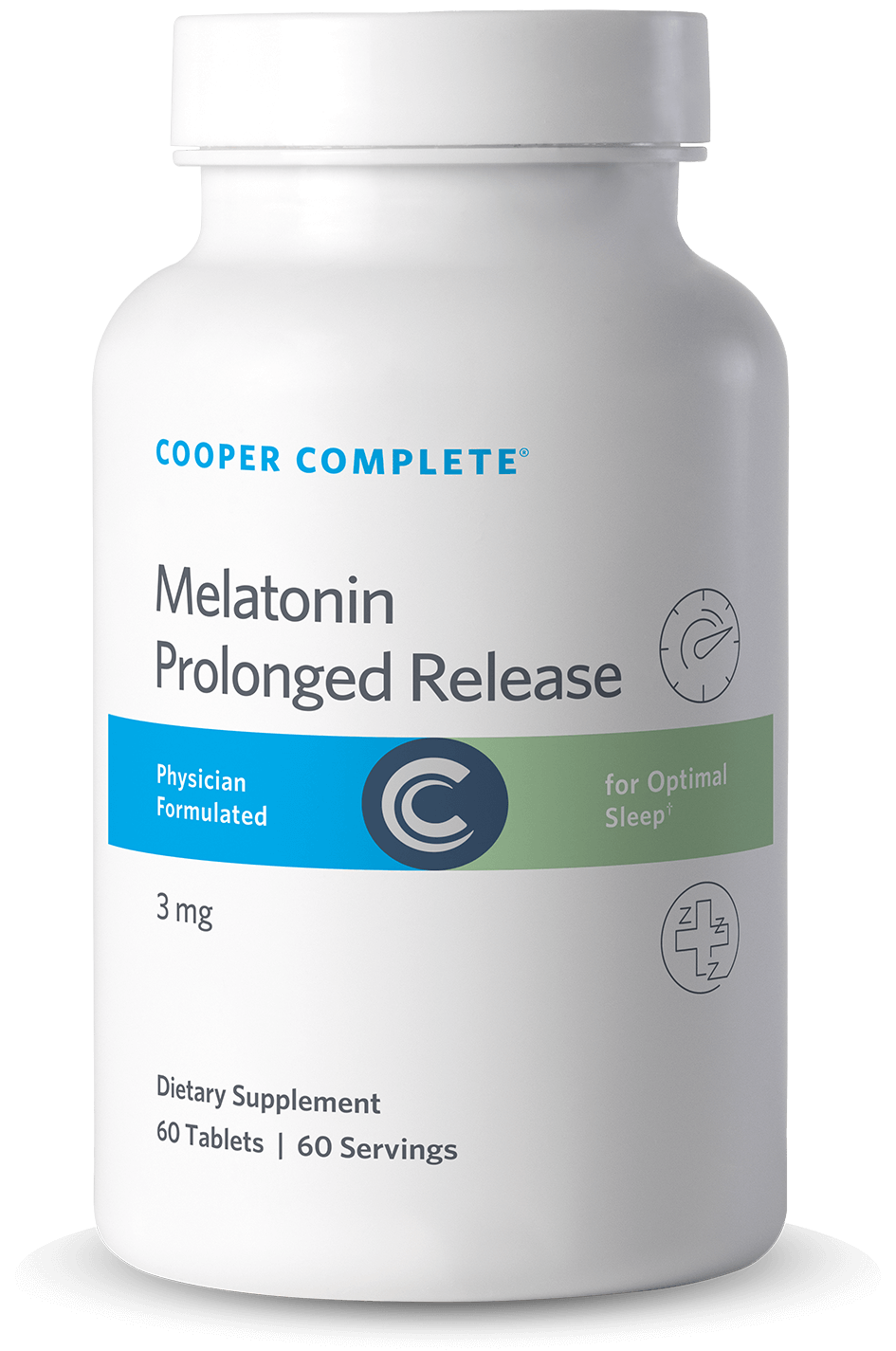Learn About Steps To Protect Brain Health

Most of us are fearful of developing dementia. While some risk factors are unchangeable, others are within our control. Here are six steps we can take in our fight for dementia prevention.
Dementia Rate Declines
The Framingham Heart Study is a long-term, ongoing cardiovascular cohort study on residents in Framingham, Massachusetts. The study began in 1948 with 5,209 adults and is now on its third generation of participants. The Framingham Heart Study, a long-term cohort epidemiological study, has helped identify major cardiovascular disease risk factors and risk factors for dementia and other physiological conditions.
Over the past 40 years, dementia rates have fallen by 44 percent! While this is excellent news, the bad news is that the number of adults aged 65 and over is growing. The U.S. Census Bureau estimated 56 million seniors in 2022 (about 17 percent of our population) and expects that number to grow to 83.4 million by 2050.
Types of Dementia
There are many types of dementia. The most common form of dementia is Alzheimer’s disease which is responsible for 50-75 percent of dementia diagnoses. Vascular dementia is the second most common cause of dementia and is 20-30 percent of dementia diagnoses. Frontotemporal dementia accounts for 5-10 percent of all dementia, while dementia with Lewy Bodies is <5 percent. Huntington’s disease, Creutzfeldt-Jakob disease, Parkinson’s disease and Traumatic brain injury (TBI) are all linked to dementia too. While Alzheimer’s is the most common form of dementia, researchers do not yet know what causes this disease. Alzheimer’s is a progressive disease that begins with mild memory loss.

Berberine Complex Supplement
Berberine Complex Supplement contains berberine, alpha lipoic acid and vitamin C to support healthy glucose metabolism, lipid (LDL) cholesterol, and immune balance.†
$49.98 Add to cartVascular dementia (and vascular cognitive impairment) is caused when small vessels in the brain become diseased or blocked, depriving brain cells of needed oxygen and glucose. Difficulty in problem-solving, reduced focus, slowed thinking and diminished organizational ability are typically more noticeable in those with vascular dementia than memory loss. While age is the strongest risk factor for vascular dementia, controllable risk factors include high blood pressure, smoking, high cholesterol and high triglyceride levels. So what can one do to reduce their dementia risk? Below are six lifestyle factors mainly in our control in our dementia prevention fight:
Step 1: Manage Cholesterol
Limiting saturated fat in our diet to 7- 10 percent of calories can help lower LDL cholesterol by 8-10 percent. This translates as follows:
- 1,400 calorie diet = 10- to 15 grams saturated fat
- 1,600 calorie diet = 12- to 18 grams saturated fat
- 1,800 calorie diet = 15- to 20 grams saturated fat
Limiting saturated fat, the fat from animal protein (meat, cheese and other dairy foods), coconut and palm oil takes effort and planning. It also requires the avid reading of food labels to assess saturated fat. Calorie King has a wonderful database of foods where you can look up the amount of saturated fat in just about any food. For example, one ounce of cheddar cheese contains 9.4 grams of saturated fat. Also, keep in mind that while food labels list saturated fat, if a food has less than 0.5 grams of saturated fat per serving, the label can legally say it contains no saturated fat. Make a point too, to pay attention to trans fats, as they raise LDL (lousy) and lower HDL (healthy) cholesterol.
Adding 7-13 grams of soluble fiber to our diet can reduce LDL cholesterol by 3-7 percent. Oatmeal (3/4 cup dry) for breakfast provides 3 grams of soluble fiber, while a serving of beans (1/2-3/4 cup cooked) contains 1.5-3 grams of soluble fiber. Seek out soluble fiber-containing foods and add them to your daily diet.
If you find your efforts to get enough fiber through food are lagging, consider Cooper Complete Microbiome Fiber which contains 5.6 grams of soluble fiber per scoop, is tasteless and gridless and dissolves in food and beverages (including water, coffee and tea).
From a supplementation standpoint, Berberine and Plant Sterols dietary supplements can help support normal cholesterol levels†.
If diet, weight loss, exercise and supplementation don’t budge LDL numbers, your physician may prescribe statin medications to lower cholesterol.
Step 2: Manage Blood Pressure
The CDC reported high blood pressure was the primary or contributing cause of death in almost 20 percent of deaths in 2020 (670,000). Stroke isn’t our only fear; elevated blood pressure is a circulatory disease. While most studies focus on older adults, high blood pressure damages brain nerve fibers – starting in the 40s and 50s. Almost half (47 percent) of all American adults have high blood pressure, defined as a systolic blood pressure greater than 130 mmHg or a diastolic blood pressure greater than 80 mmHg. In addition, adults taking medication for high blood pressure are considered to have high blood pressure.
For example, a study of 2,505 men between the ages of 71 and 93 found that men with 140 mm Hg or higher systolic pressures were 77 percent more likely to develop dementia than men with systolic pressures below 120 mm Hg. And a study that evaluated blood pressure and cognitive function in people between 18 and 46 and between 47 and 83 found that high systolic and diastolic pressures were linked to cognitive decline over time in both age groups.
So how does high blood pressure impact dementia prevention? The take-home here is that high blood pressure is potentially impacting brain health. So take your blood pressure medications, and work to lower your blood pressure with lifestyle modifications.
Mayo Clinic tested patients with nerve fiber damage due to high blood pressure and found reduced nonverbal function, emotional control, decision-making abilities and ability to focus.
Lifestyle modifications can dramatically improve blood pressure. For example, lose weight if you are overweight. Manage stress. Exercise. Increase potassium and magnesium in your diet. And reduce sodium or salt.
(Bonus: See this article about the best supplements to lower blood pressure and the impact of lifestyle changes on systolic blood pressure.)
Reduce Sodium
While it seems like the salt shaker would be the most prevalent source of sodium in our diet, the top source of sodium in the American diet is actually bread and rolls. Other foods with deceptively high sources of sodium include cold cuts and cured meats, pizza, poultry, soups, sandwiches, cheese, pasta dishes, and snacks. The only way to know sodium content is to check labels.
(Bonus: Learn some tips to reduce sodium intake provided by Cooper Clinic Nutrition Department.)
DASH Diet
Dietary Approaches to Stop Hypertension (DASH) is an eating plan to help lower blood pressure. The diet emphasizes fruits, vegetables, low-fat dairy, whole grains, fish, poultry, beans and nuts. The diet limits saturated and trans-fats while increasing potassium, magnesium, calcium, fiber and protein. Based on 2,000 calories, the DASH Diet calls for:
- 7-8 servings of grains and grain products
- 4-5 servings of vegetables
- 4-5 servings of fruits
- 2-3 servings of low-fat or fat-free dairy
- ≤2 servings of lean meats, poultry or fish
- 2-3 servings of fats and oils
- Limited sodium and sweets
- 4-5 servings each week of nuts, seeds and beans
The U.S. Department of Health and Human Services has this free guide, Read Your Guide to Lowering Blood Pressure.
Step 3: Nutrition: Incorporate Brain-Healthy Food Groups
The MIND diet, which stands for “Mediterranean-DASH Intervention for Neurodegenerative Delay,” was developed by Martha Clare Morris, a nutritional epidemiologist at Rush University Medical Center, through a study funded by the National Institute on Aging. The MIND diet emphasizes eating from 10 brain-healthy food groups and avoiding five unhealthy food groups.
10 Brain-Healthy Food Groups
- Green leafy vegetables (daily)
- Other (non-leafy green) vegetables (daily)
- Nuts (most days)
- Berries (at least twice a week)
- Beans (3+ days a week)
- Whole grains (at least 3 servings daily)
- Fish (at least once a week)
- Poultry (at least twice a week)
- Olive oil (as the primary fat)
- Wine (daily, up to one glass)
5 Unhealthy Food Groups
- Red meats (<4 servings per week)
- Butter and stick margarine (<1 tablespoon per day)
- Cheese (<1 serving per week)
- Sweets and pastries (<5 servings per week)
- Fried or fast food (<1 serving per week)
The research was published online in February 2015 and looked at the food intake of 923 Chicago-area seniors. Over 4.5 years, 144 participants developed Alzheimer’s disease. The longer people followed the MIND diet patterns, the less risk they appeared to have.
Even people who made “modest” diet changes – who wouldn’t have fit the criteria for DASH or Mediterranean – had less risk of developing Alzheimer’s. Brain-healthy foods are a key strategy in dementia prevention.
The study found the MIND diet lowered Alzheimer’s risk by about 35 percent for people who followed it moderately well and up to 53 percent for those who adhered to it rigorously.
Dementia Prevention Supplements
Cooper Clinic tests vitamin B12 levels in all patients 60 years and older. Older adults have less stomach acid and consume lower levels of meat and dairy, and these factors contribute to a deficiency in seniors. Vitamin B12 deficiency is most common in:

Vitamin B12 Methylcobalamin Supplement 1000 mcg
Cooper Complete B12 Methylcobalamin Supplement contains the most active, absorbable form of vitamin B12 as it does not require conversion in the body. (Note: This product was previously offered in a liquid form.)
$19.98 Add to cart- Seniors (60+ years)
- Those with diabetes on Metformin
- Individuals with diseases of malabsorption (Celiac, Crohn’s)
- Heavy drinkers
- Those on acid blocker medications (Nexium, Prevacid, Pepcid, Zantac, etc.)
- Those who have had Weight Loss Surgery
- Those with Pernicious Anemia
- Vegans & Vegetarians
Consider the possibility of a Vitamin B12 deficiency when one or more of the following symptoms are present:

Vitamin D3 125 mcg (5000 IU) Supplement
Many individuals don't get enough vitamin D from sunlight or through diet. Vitamin D3 form of Vitamin D Supplement for better absorption.
$26.98 Add to cart- Cognitive difficulty
- Depression
- Fatigue (extreme)
- Hypotension (low blood pressure)
- Incontinence
- Memory problems
- Moodiness
- Muscle weakness
- Numbness/tingling in arms/legs
- Paranoia or hallucinations
- Shakiness
- Unsteady gait
The normal range for Vitamin B12 is 254-1320 picograms per milliliter (pg/mL) of blood serum, but Cooper Clinic physicians want to see a minimum level of 450 pg/mL.
Cooper Complete multivitamins contain 400 mcg of vitamin B12. We also offer a standalone vitamin B12 methylcobalamin supplement with 1000 mcg per pill.
A meta-analysis in 2022 of 95 studies comprised of more than 46,000 people suggests B vitamin supplementation may slow cognitive decline, especially in those who have taken the supplements long term. Of note, short-term supplementation did not make a difference in cognitive health.
A large prospective study of 12,388 adults with a median age of 71, followed participants over a 10-year period and categorized participants as either being D positive or D negative, depending upon whether they took vitamin D supplements. After a multivariate adjustment, they found vitamin D supplementation was associated with a 40 percent lower risk of dementia. The risk was lower in women, approximately 49 percent, while for men the had a 26 percent reduction.
British adults 65 years and older with vitamin D levels less than 12 ng/mL (30 nmol/L) were 2.3 times as likely to have cognitive impairment as those with vitamin D levels above 26 ng/mL (66 nmol/L).
Older Italian adults with vitamin D levels below ten ng/mL (25 nmol/L) had a 60 percent increased risk of decline in global cognitive function compared to those with vitamin D levels above 20 ng/mL (50 nmol/L). There was also a 30 percent increased risk of decline in decision-making.
Adults greater than 65 years of age with vitamin D levels below 10 ng/mL (25 nmol/L) had four times the increased risk of cognitive impairment compared to those with levels above 30 ng/mL (75 nmol/L).
Vitamin D deficiency symptoms can be vague but sometimes include muscle or joint pain, depression and general fatigue. Vitamin D level is determined through a simple blood test which Medicare covers. Cooper Complete multivitamins contain vitamin D (2000 IU/50 mcg in tableted multivitamins and 1000 IU/25 mcg in Gummy Multivitamins). In addition, 1000 IU/25 mcg and 5000 IU/125 mcg standalone options are available.
If you only take one dietary supplement, take omega-3 fatty acids. In fatty fish such as salmon, lake trout, barramundi, tuna, sardines, herring, anchovy and mackerel, omega-3 fatty acids support optimal brain, heart, and inflammatory health.
Recommendations for Omega-3 Intake |
|
|---|---|
| Organization | Recommendations (Adults) |
| Cooper Clinic | 1 gram/day (1000 mg) EPA+DHA + regular consumption of fatty fish. |
| American Diabetes Association | Eat foods high in omega-3 fats, including fatty fish such as salmon, albacore tuna, rainbow trout, mackerel, herring and sardines, soybean products, walnuts, flaxseed and canola oil regularly. |
| National Institutes of Health (NIH) | Adults should eat 1.1-1.6 grams of omega-3 fatty acids in the ALA plant form daily, which includes flaxseed, soybean, and canola oils, walnuts and chia seeds. |
| American Heart Association | Eat fish (particularly fatty fish) at least twice a week. Patients with CHD, coronary & other atherosclerotic vascular diseases take 1 gram/day (1000 mg) EPA+DHA. Patients with high triglycerides take 2-4 grams/day (2000-4000 mg) EPA+DHA |
Step 4: Dementia Prevention: Exercise Regularly
In a study conducted at The Cooper Institute, researchers found people who are fit at midlife have a lower risk of developing Alzheimer’s disease and other dementias. The study followed 19,458 participants with an average follow-up of 24 years. 1,659 developed dementia. Researchers saw a 36 decrease in dementia development in the highest fit compared to the lowest fit participants.
While a lot of physical activity isn’t necessary, some exercise is required. Just move! Walk, jog, swim or pedal – you decide. The basic exercise prescription is as follows:
- Cardiovascular/aerobic exercise 150 minutes per week (minutes can be accumulated in chunks as small as 10 minutes at a time)
- Strength training two non-consecutive days per week, all major muscle groups
- Flexibility / Stretching 2- to 3 days per week
The big takeaway is that small amounts of exercise make a huge difference in health outcomes and that it is never too late to start being active. And – from an activity standpoint, all movement counts.
Step 5: Protect Your Hearing
Turn down the volume, walk away from the noise, and wear ear protection because hearing loss is associated with higher rates of dementia. (A 12-year study that tracked more than 600 adults found that mild hearing loss doubled dementia risk.) There are several theories on why diminished hearing is connected to dementia. They include:

5 mg Melatonin Prolonged Release Supplement
Prolonged Release Melatonin is a formula with a two-phased delivery system that releases melatonin quickly and then steadily over six hours. Due to supply chain constraints, this product has transitioned to a 5 mg supplement and 90 tablets per bottle.
$26.97 Add to cart- Cognitive load – garbled messages require more brainpower, and that comes at the expense of memory and thinking ability
- Brain atrophy – with impaired hearing, the part of the brain that handles sound atrophies faster – and that part may also serve other areas of brain function
- Social isolation – reduced engagement with others and staying on the sidelines because hearing and conversations are just more difficult
Step 6: Sleep
Dementia prevention demands we focus on our sleep. Research has shown that too little and too much sleep can negatively impact health. Experts recommend adults sleep between 7 and 9 of sleep on a regular schedule.
Sufficient sleep duration requirements vary across the lifespan and from person to person. Individuals who habitually sleep outside the normal range may be exhibiting signs or symptoms of serious health problems or, if done voluntarily, may be compromising their health and well-being.
In a study published in 2021, researchers found adults who slept six or fewer hours per night in their 50s and 60s were more likely to develop dementia later in late. Compared to the adults who slept seven or more hours per night, those who slept less were 30 percent more likely to be diagnosed with dementia.
Napping may also not be a good idea. In a study conducted by investigators from Brigham and Women’s Hospital, longer and more frequent naps were a risk factor for developing Alzheimer’s in cognitively normal older adults.
We hope these steps on ways to prevent dementia prevention are helpful and that you’ll discuss any concerns you have about your cognitive health with your physician as they best know your health circumstances.
